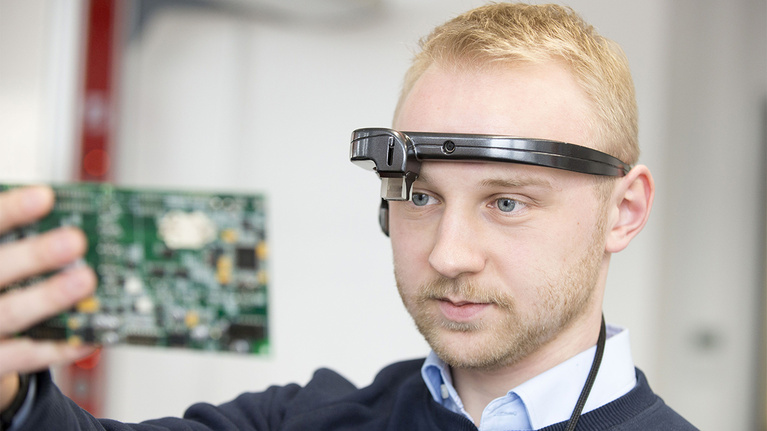With the Elution® software, employees receive all the information they need digitally and in the required form at the right time. The result is motivated employees who work efficiently and without errors.
Increasing variant diversity, smaller series or the shortage of skilled workers. The demand for cost-efficient and profitable production is constantly increasing. With Elution®, employees maintain an overview even in stressful situations and can concentrate on their core tasks. The software includes functions for controlling workplaces and work processes (workplace and work step handling), integration of measuring, testing and other technical devices, automation of work and testing processes as well as quality assurance through error prevention and error detection.
ELABO's solutions, and in particular the Elution® software, have been established for a long time. Nevertheless, ELABO is constantly working on further developing these concepts and thus actively advancing the design of tomorrow's working environment.
For example, ELABO works closely with the start-up Kimoknow on the further development of the topics of learning systems, flexible production, the digital working environment, artificial intelligence and augmented reality.
Artificial intelligence and CAD data simplify part recognition
Artificial intelligence (AI) makes it possible for machines to recognise objects. This requires large amounts of high-quality image data with which the algorithms are manually trained. The start-up Kimoknow, which was founded at the Karlsruhe Institute of Technology (KIT), has developed a technology to automate this training.
In order to train the system to recognise objects in a time- and cost-saving way, Kimoknow uses image data from computer-aided design (CAD) and product lifecycle management (PLM) processes. The effort is thus considerably reduced and enables far more diverse applications than before.
Use Case Assembly
The object recognition system trained in this way can be used in a variety of ways, including augmented reality (AR) glasses.
The digital assistant guides users through the entire assembly process, recognises work steps, components and visualises the instructions step by step without an additional display, thus showing in which order which part is processed with which tools and assembly materials.
It repeats individual steps if errors occur and documents the process. The worker has both hands free and communicates with the system via eye contact, hand signals or voice commands. The overall process is thus carried out more efficiently, productively, quickly and cost-effectively, and the quality of the manufactured products is increased.
The prototype is used for the final assembly of highly specialised measuring devices and is currently being tested in cooperation with ELABO at the Center for Artificial Intelligence Talents (CAIT) at the KIT Institute for Information Management in Engineering (IMI).
CAD data makes part recognition easier than ever before
The greatest effort for part recognition is made when creating the database, the so-called labelling. Kimoknow therefore uses image data that are created anyway for all objects in computer-aided design (CAD) and production data management (PDM) processes. Among other things, they provide information about the material, geometry and position of the respective object. The CAD and PDM data are extracted and used for the automated training of the AI. This saves thousands of hours of manual work in creating the part recognition.
Experience the solution and visit us at HANNOVER MESSE Digital Edition until 16 April.
